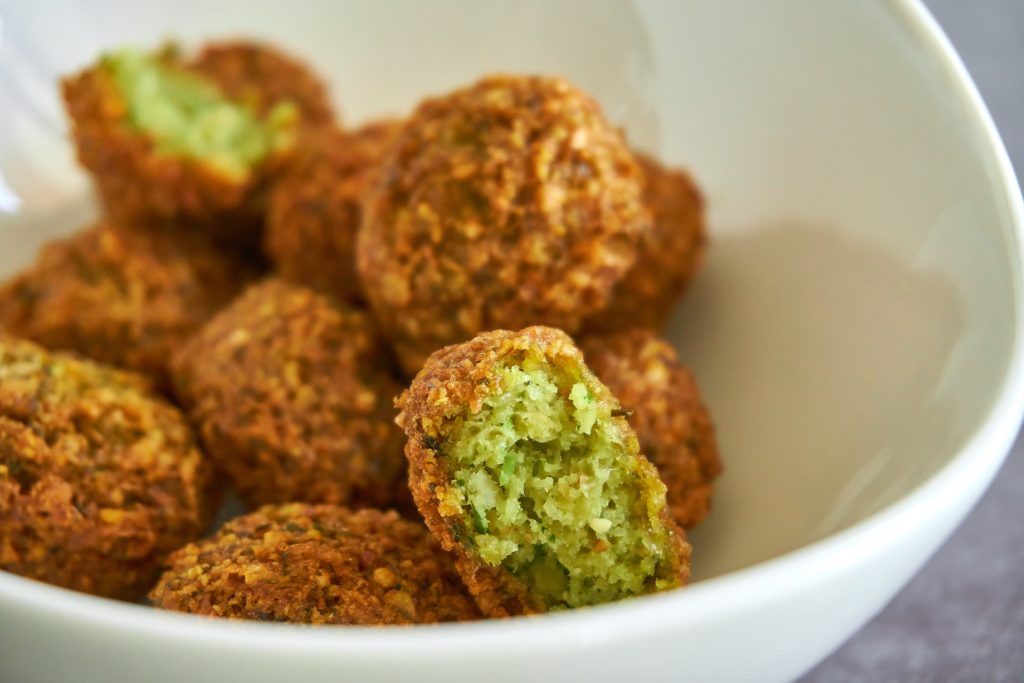Many of the meat replacement products on the market are not actually a replacement for meat at all, or are in some other way unhealthy, according to a survey carried out by the consumer group Test Achats.
More and more people these days are looking for alternatives to meat, whether they adopt a fully vegan/vegetarian lifestyle or are simply looking to cut down on their consumption of meat.
The market has responded, with a growing number of products tailor-made for people who want to eat less meat but still have the feeling of eating meat.
The trouble is, however, that many such products – meat-free burgers or meatballs, for example – are no substitute for meat from a nutritional point of view.
Test Achats examined 37 different types of ready-made meat replacement products like hot dogs, burgers and mince, and looked at how healthy the product was in itself, as well as how effective it would be as a replacement for meat.
Among the findings: many such products contain added saturated fat, brought in to try to mimic the texture and mouth-feel of actual meat. But saturated fat is unhealthy in itself, in quantities above 10g per 100g of meat.
Another problem is too much salt. Again, this is added to give a more pronounced flavour to a product like soy protein, which has little flavour of its own.
In general, products sold as meat replacements have low levels of protein, iron and vitamin B12, all of which are provided by meat, but which have to be found in other sources in a meat-free diet.
The trouble is that meat replacement products are generally aimed at people who wish to cut down on meat, without going all the way to adopting a meat-free diet. People who become vegetarian or vegan have to find other sources for the nutrients found in meat, whether from other foods like pulses or even from supplements.
As an example, the test looked at six widely-available meat-free meatballs, and found one containing over the limit of 10g fat per 100g, while all six had an unhealthy level of salt, and one contained no iron or B12. All six brands were listed as ‘not recommended’.
When it came to falafel, the verdict was even more crushing. Too much salt in six out of eight; too little protein (8/8), iron (6/8) and B12 (6/8). Result: four not recommended ever; four for flexitarians from time to time.
“Vegetable proteins in general (with the exception of soy) have a lower quality than animal proteins, so that vegetarians and vegans have to take in between 20 and 30 percent more protein than people with a mixed diet,@ said Simon November, spokesperson for Test Achats.
“For that reason, it is important for those categories of consumers to ensure that a meat substitute is fortified with vitamin B12 and iron. Our test showed that this was rarely the case.”
Alan Hope
The Brussels Times

